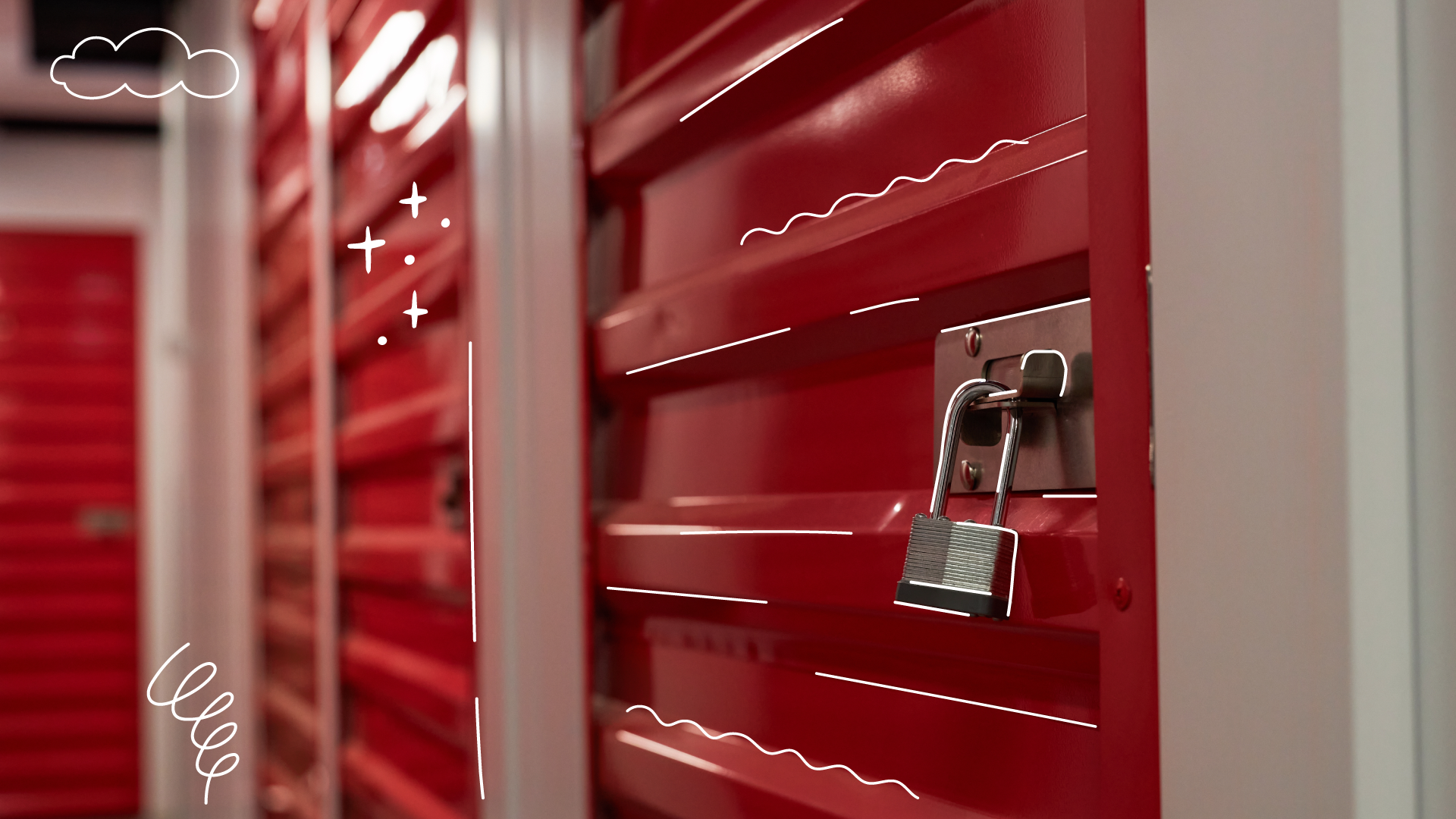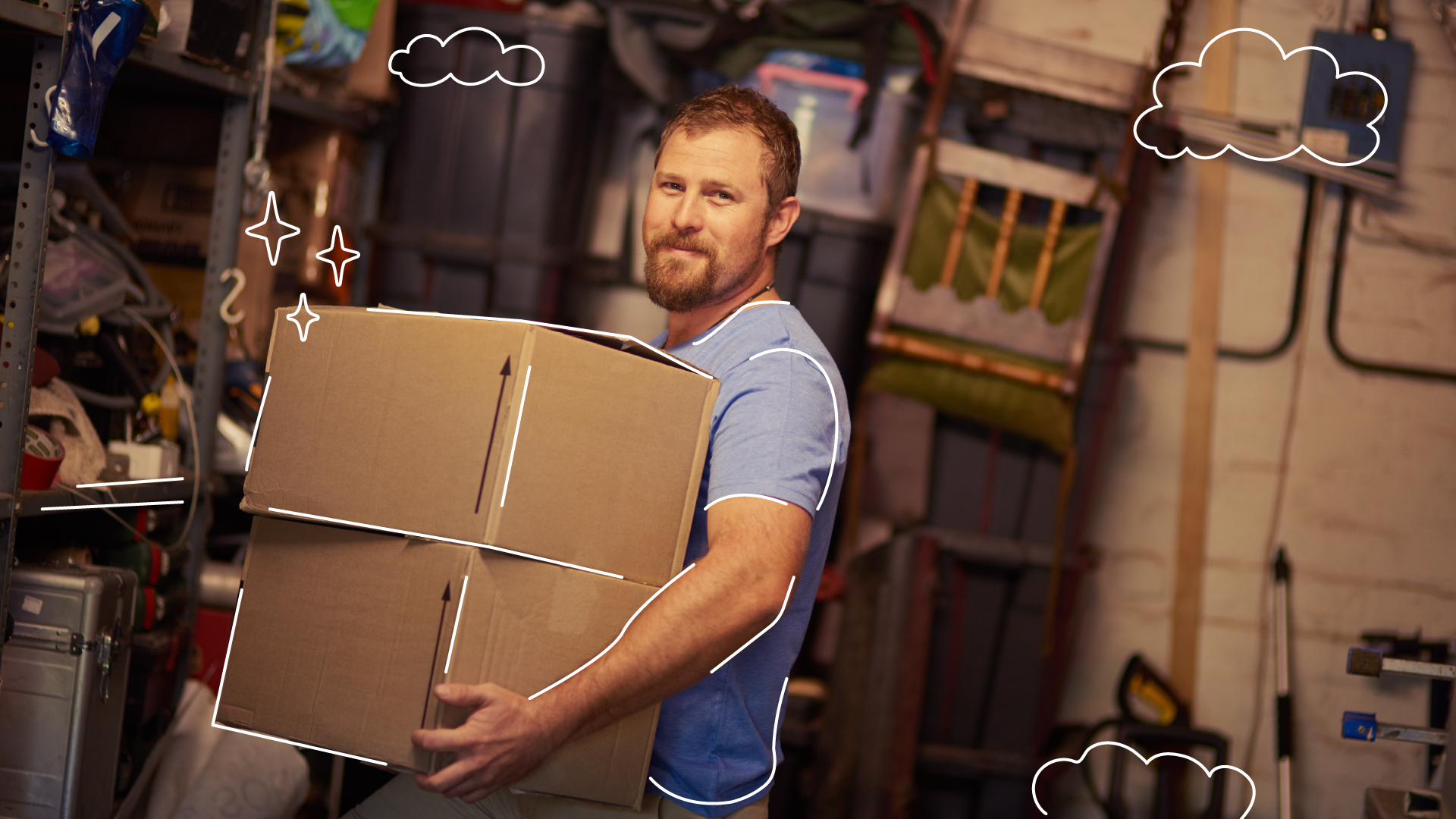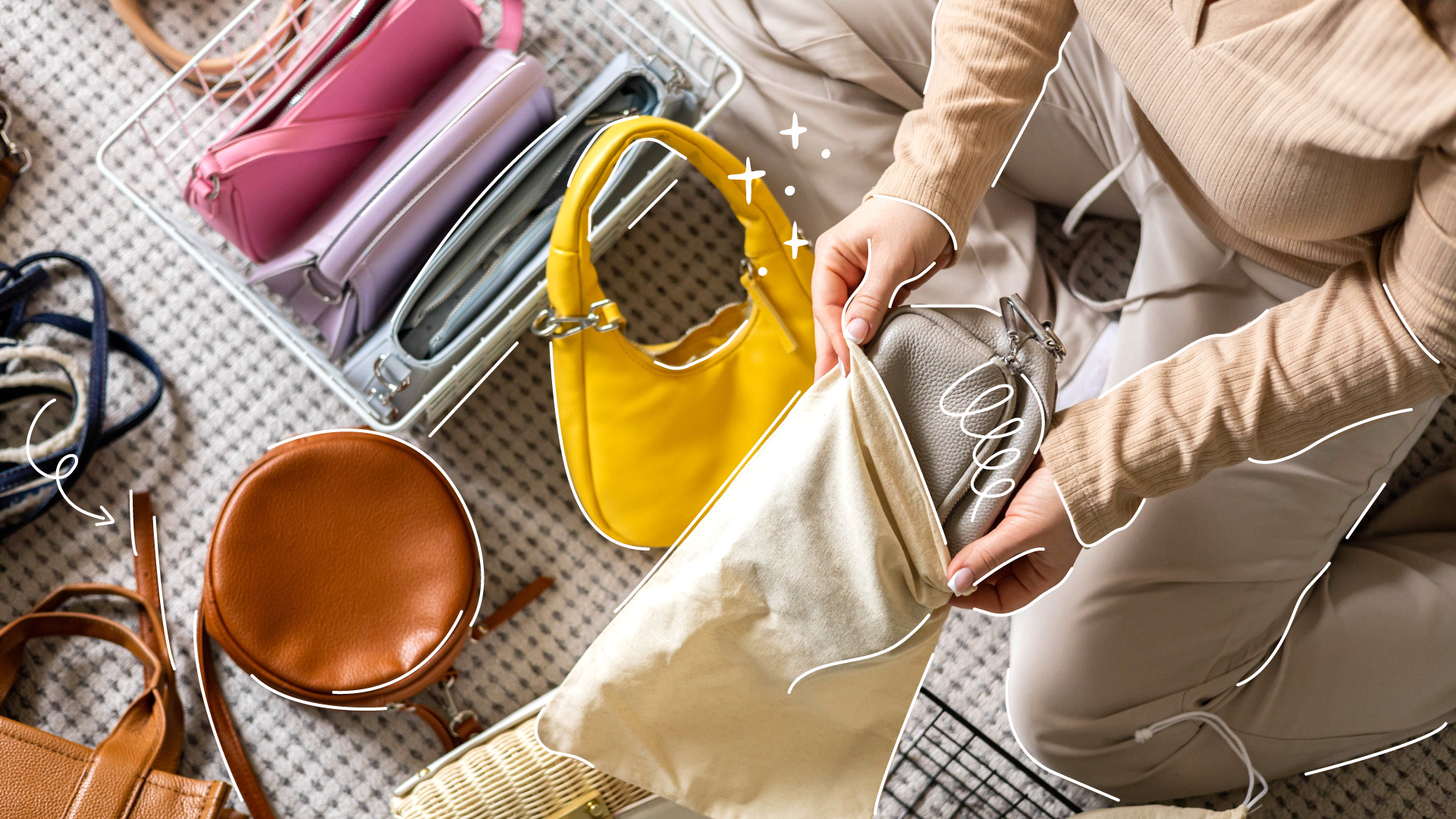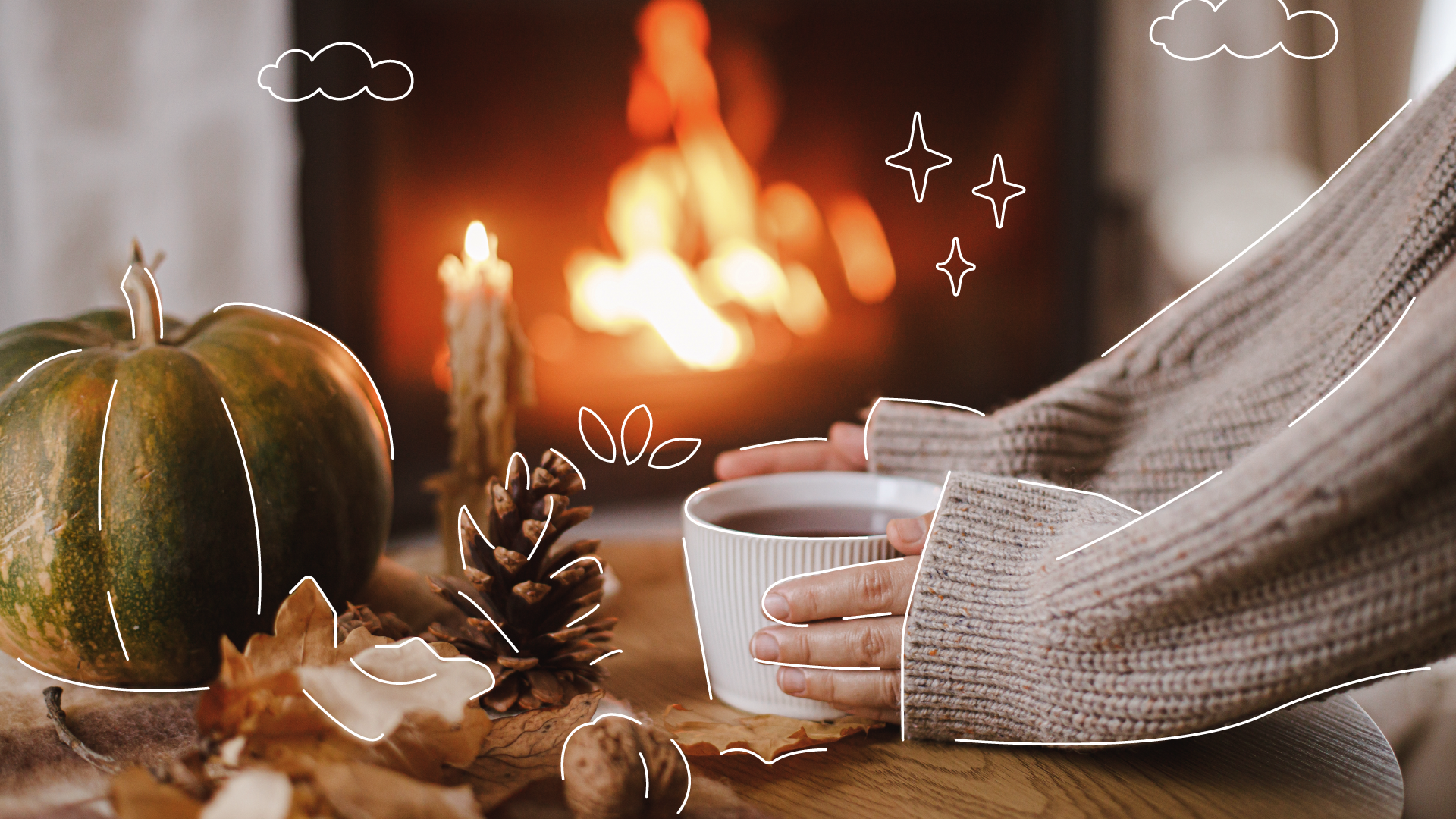Article takeaways
- Storage units offer plenty of security for renters, from gated entry to surveillance networks.
- Climate-controlled units and facility management certifications offer additional protection and trustworthiness.
- Reputable self-storage facilities offer protection from fire, weather, and pests as well as potential criminals.
A self-storage unit is a convenient solution for anyone looking to save space in their home, but are storage facilities good places to store valuables and keep them protected? The short answer is yes.
Modern self-storage facilities use multiple layers of security to keep renters’ belongings safe, from high-tech locks and keycard systems to round-the-clock surveillance. You’ll also find units with climate control built in to protect valuables from environmental damage and pests.
Here, we’ll go over some of the most common security concerns potential renters may have, and how storage facilities go above and beyond when addressing those concerns.
Essential Self Storage Security Features

Let’s start with a quick overview of some features you’ll find in most storage facilities to keep your belongings safe and secure.
Access control
Storage facilities use several forms of access control to make sure you’re the only one who can get into your unit. Outdoor storage facilities use gates and access codes at the very least to make sure nobody can get onto the property if they aren’t renting a unit. Higher-end facilities carefully monitor the gates and track access using computer databases. Indoor facilities often have higher-tech locks and individual unit keys, and you may even find keycard or digital code access to units in higher-end facilities.
Video surveillance
Indoor and outdoor self-storage facilities alike use 24/7 closed-circuit television to deter intruders and monitor activity around the clock. Security cameras placed around the storage unit facility, and sometimes in each unit, are effective at deterring theft. They’re also helpful in the rare event that a crime takes place, enabling law enforcement to see who was on the property and when. Security cameras can save footage from 7 to 90 days, depending on the system, enabling the staff to locate and catch any thieves in case of burglary. Certain facilities even offer 24/7 security camera streams.
On-site security staff
You’ll find most storage facilities have some form of on-site security staff, from management on-site during office hours to 24/7 personnel monitoring the cameras. Premium facilities sometimes offer routine security patrols and emergency response protocols in the event of any security breaches.
Perimeter security
Self-storage facilities offer security around the outside of the facility as well, from secure fencing and bright lighting throughout outdoor facilities to alarm systems that will go off at any intrusion. All entry points to these facilities are secured with the same access control that you’ll find at the main entrance.
How Secure Is Self Storage Compared to Other Options?
You may be tempted to save a little money and store your belongings in your garage, basement, or attic, but you’ll be forgoing several security features that storage facilities offer. Garages are a lot easier for thieves to break into, while attics are much more vulnerable to humidity and temperature than a storage unit. For the best security, rent yourself a storage unit to save space and protect your stuff.
What Makes Some Self Storage Facilities Safer Than Others?
Not all storage facilities have equal levels of security and safety measures. Here are a few features to keep an eye out for if you want maximum peace of mind.
Climate control
Intruders and criminals aren’t the only things that might damage your goods; without proper protection from temperature and humidity, you’ll end up replacing all kinds of delicate items. Find a storage unit with climate control built in to keep your belongings as safe as possible from temperature changes, excess moisture, mold and mildew, and pests making a home in your storage boxes.
Indoor facilities
As a general rule, indoor storage facilities offer more security than outdoor facilities. They’re better lit, offer extra layers of access control, and their contents are much less visible to outside observers.
Facility certifications and ratings
Keep an eye out to make sure the storage facility you’re looking into complies with city and state regulations for security and safety. Examine customer reviews and Better Business Bureau ratings to make sure you’re dealing with a reputable place, and look for certifications like the Self Storage Association’s Certified Self Storage Manager certificate so you know facility management knows what they’re doing.
Common Safety Risks and How Facilities Address Them
No storage facility is free from risk, but it’s all about how management and staff handle those risks and keep them from becoming a problem. Here are a few common concerns you may have.
Theft
Access control, good locks, and round-the-clock monitoring all add up to create a multi-layered approach to preventing theft. Most facilities also require some form of personal property insurance so they aren’t held liable if someone makes it past all these layers of security, but you’ll also be reimbursed in the event of a crime. However, a robust security staff and camera network make this risk almost zero in most facilities.
Fire
Most storage facilities, indoor and outdoor, are constructed using fire-resistant materials and are regularly inspected for fire safety. As with any other commercial building, storage facilities have sprinkler systems and fire suppression systems throughout if a spark happens to catch, and smoke detectors and fire alarms to catch any blazes before they become a problem.
Pests
Reputable storage facilities take measures to manage pests and keep bugs and rodents out of units. Management schedules regular cleanings and pest control personnel, and sets up traps, sprays, and other measures so unwanted creatures don’t make nests within renters’ boxes.
Environmental damage
Outdoor facilities often run the most risk of weather damage, as they’re more exposed to the elements. However, outdoor facility management still takes measures to keep any rain or moisture out of their units and weatherproof them. Indoor facilities offer the most protection from weather, though, and you’re more likely to find climate-controlled units in these facilities.
How to Choose the Safest Storage Facility
Now that we’ve gone over how secure storage units can be, here’s a brief recap and checklist of security features to look for when shopping for storage.
- Gated access
- On-site security staff
- 24/7 surveillance
- Electronic locks
- Well-lit indoor and outdoor areas
Always read reviews, testimonials, and certifications when looking into facilities to make sure you’re working with a reputable company. For best results, use a search tool (like ours here at SelfStorage.com) to compare facility options near you and see what security features are offered at a glance.
Every facility page in the SelfStorage.com self-storage search network offers a detailed list of security features, available amenities, and other important details to help you make an informed decision and fast, easy reservation from one convenient place.
Additional Steps You Can Take to Keep Your Items Safe

You can always take a few extra steps to make sure your storage unit is as secure as possible. Here are a few actions to consider taking.
- Choosing a good lock. If the facility you choose doesn’t have built-in locks or the locks they have aren’t very secure, you can always bring your own lock. SelfStorage.com recommends investing in a disc lock, as these are the most difficult to cut or break.
- Getting proper insurance coverage. Check with your home insurance provider to see if you need additional coverage for your storage unit. Proper coverage will make sure your belongings are replaced or you’re reimbursed if any of them are stolen or damaged.
- Fully documenting your inventory. Take photos of any valuables and note their condition, and keep a spreadsheet or catalog of everything you have stored when you put it away for the first time.
- Packing strategically. Make sure any valuables are well-hidden within innocuous boxes or in the back corners of the unit so they aren’t immediately visible to anyone who may be looking on.
- Avoiding prohibited item storage. Perishable foods and volatile chemicals run the risk of damaging anything within the unit and are typically not allowed by management, so make sure you’re complying with your rental agreement.
- Checking on your unit regularly. If you make time to check on your belongings within your unit, you can catch any weather or pest damage before it becomes a real problem.
Find safe and secure self storage with SelfStorage.com
With the right security features and personal precautions, a storage unit is perfectly secure for storing valuable and delicate items. Pick a facility with thorough monitoring and security staff, robust access control, and a good reputation, and you’ll have the most secure experience renting and using their units for storage.
Want to compare units and find the best prices and features near you? Use SelfStorage.com’s built-in search tool to filter nearby facilities by the features you need most.









